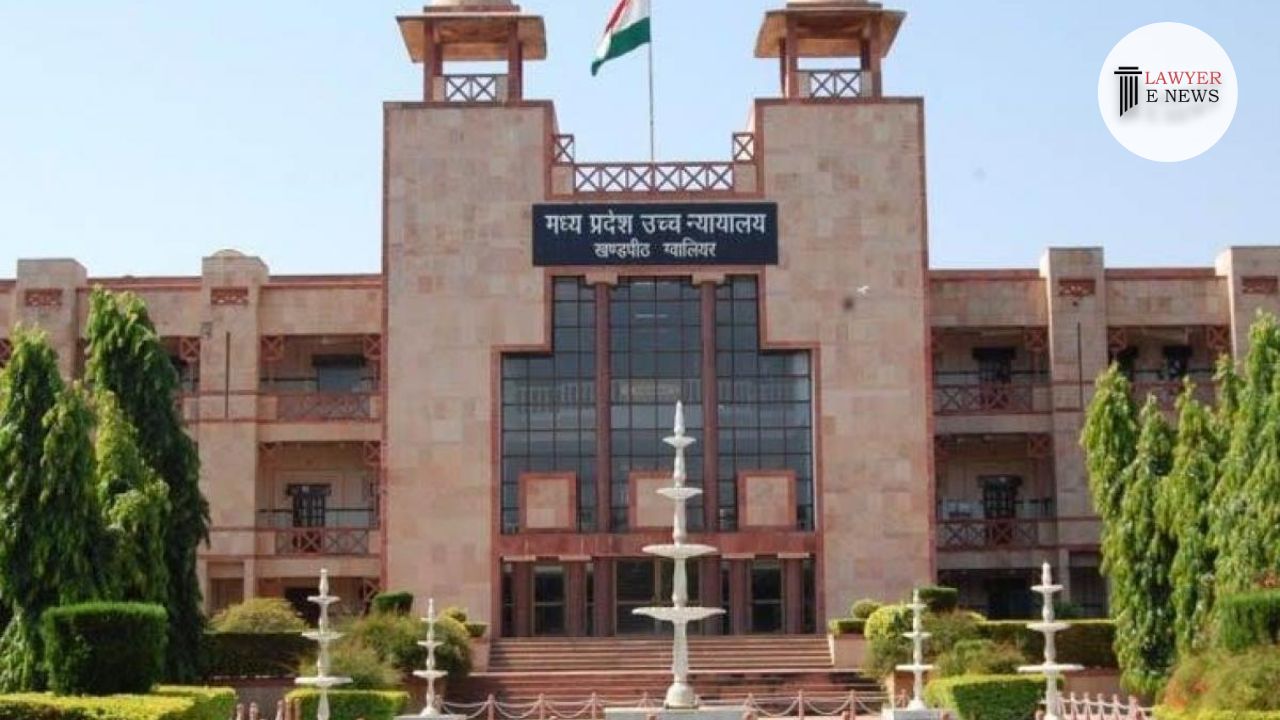-
by Admin
17 February 2026 2:34 PM



In a significant judgment, the High Court of Madhya Pradesh at Indore upheld the conviction of an appellant, Raju, under Section 326 of the Indian Penal Code (IPC), for causing grievous injury to the victim, Santosh Tiwari. The Court delivered its verdict in Criminal Appeal No. 459 of 2000, and the decision was reserved on 20.07.2023 and delivered on 03.08.2023.
The case revolved around an incident where Santosh Tiwari and his friend Vijay Kumar were confronted by three accused individuals demanding money. When Vijay refused to comply, the accused threatened and assaulted them. Santosh Tiwari sustained life-threatening injuries after being attacked with a knife. The accused faced charges under various sections of the IPC and the Arms Act.
The key to the prosecution's case was the testimony of Santosh Tiwari himself, the injured witness, who identified the appellant as the assailant. Despite other witnesses turning hostile, the High Court emphasized the special status and reliability of the testimony of an injured witness. Quoting legal principles, the Court asserted, "One credible witness outweighs the testimony of a number of other witnesses of indifferent character."
The Court highlighted that the law does not require a plurality of witnesses to prove a fact and that the testimony of the injured witness was well-supported by medical evidence and other relevant witnesses. It firmly rejected the maxim "falsus in uno falsus in omnibus" and maintained that discrepancies and contradictions, not affecting the basic version of the case, do not erode the credibility of witnesses.
While the defense argued that the co-accused were acquitted based on the same evidence, the Court emphasized that the judgment focused on the appellant's individual involvement and not the acquittal of others. It further noted, "The society cannot long endure under serious threats, and if the courts do not protect the injured, the injured would then resort to private vengeance."
Considering the appellant's 30-year ordeal since the incident occurred in 1993, the Court addressed the sentencing philosophy by balancing the need for punishment and the opportunity for reform. The appellant's sentence was reduced from five years to three years of rigorous imprisonment (R.I.) with a fine of Rs. 10,000. The fine amount was ordered to be paid to the injured Santosh Tiwari as compensation.
This judgment underscores the importance of injured witnesses' testimonies in criminal cases and upholds the principle that the quality, not the quantity, of evidence matters while appreciating available evidence. It also highlights the responsibility of the court to award appropriate sentences that reflect the gravity of the offense and protect society from serious threats.
Date of Decision: 03.08.2023
RAJU vs THE STATE OF M.P.
